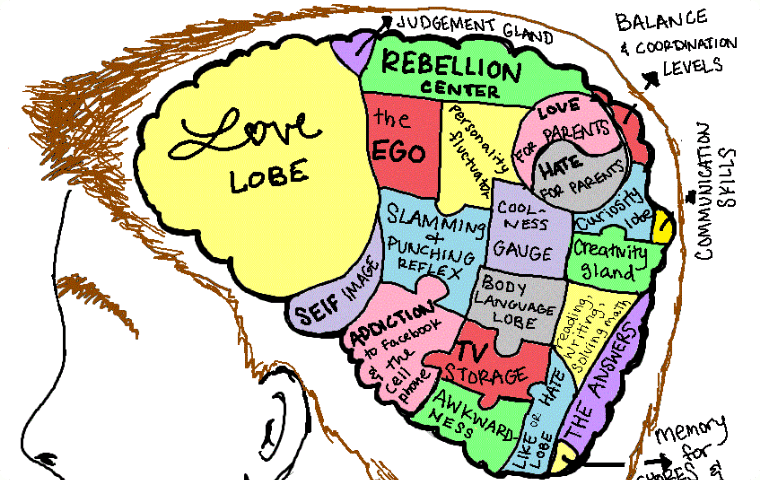It seems like five minutes ago that your teenager was learning to walk. Remember the feeling when they fell the first time. What about when they fell again, and again? Remember the scraped knees, the giant bruises, and the endless wailing?
Maybe someone else should teach them how to drive.
The truth is, driving school is the best option out there for many parents of teenagers. You might be anxious about teaching, lack the time, or lack the vehicle, but there’s no better way to give your child every advantage to become the safest possible driver.
Whatever the reason, choosing a driving school is a challenging decision, as you’re putting your child’s life and future into someone else’s hands.
How do you know you’re making the right choice?
Read on to learn about ten considerations to make when choosing a teen driving school.
Making the right decision
- Accreditation and Licensing
The foremost consideration when choosing a driving school should be the reputation of the school. You can start by checking to see if the school is accredited.
Schools also must be licensed, often by the local department of education. You should be sure that the school is in good standing with the licensing organization at the time of enrollment.
Information about accreditation and licensing will be on the driving school’s website. If you can’t find it, ask to see that information when you visit the school.
- Reputation
Ask others in your community about their experience with different driving schools. What names come up frequently, and is it for good or bad reasons?
Word of mouth will tell you a lot about the quality that you can expect from a teen driving school.
- Instructor Quality
If an instructor is providing a car and picking your teen up, you want them to be prompt and professional. It is within your rights to ask for references before committing to a school or instructor.
If you wouldn’t let your teen drive off with a stranger, why pay for the privilege?
- Class Ratios
If your teen will be taking the class with a group, how much driving time will they get? Practical experience is the most valuable part of driving education. Knowing how much time your child will be spending in the back seat vs the driver’s seat is a factor to consider.
In the classroom setting, smaller classes are still better. You want your teen to be in a situation in which they can ask any questions they have. The smaller the teacher-to-student ratio, the higher the quality of instruction.
- Parent Involvement
For teens, learning to drive isn’t learning a skill—it’s a rite of passage that should involve parents. At a minimum, your child’s driving instructor should be providing you with specific and actionable feedback at the end of each class.
The driving school should support parents in providing practical driving instruction at home. Likewise, parents should feel comfortable communicating with the school. If there are areas of difficulty or frustration, you should be able to discuss them.
You are working with the instructor to help your teen learn and grow, so it should feel like a partnership.
- Individual Attention
Just like there are late bloomers developmentally, some teens struggle with driving more than others. Any good driving school knows that this is normal. These schools will know how to support and nurture more reticent drivers.
With this in mind, schools should be willing to meet every teenage student where they are. Rushing the teaching process can be harmful to students who are already anxious or fearful. There should be opportunities for individualization in instruction when they are necessary.
- Essential Skills
If your driving school is going to teach your child practical skills, they should be offering practical instruction. Do the driving instructors take your teen along the same residential route every lesson? As they progress, students should get experience on bigger roads and routes, including highways.
Teens need to know what to do at traffic lights, railroad crossings, intersections, and other tricky scenarios. Teen drivers are still drivers and will not be driving on “teen roads” once they gain their license.
The program should be just as rigorous as adult driving instruction would be, but with more developmental considerations.
- Avoid Non-Essential Skills
Yes, you want your teen to know essential skills, like what to do at a four-way intersection. You want to avoid schools that teach non-essential skills, like emergency driving maneuvers.
Emergency maneuvers, such as skid training, have been shown to increase the risk of accidents in new teen drivers.
You have seen what your teen does when learning a new, risky skill. The drive to show off is too strong for many teens to resist, which leads to crashes and other motor vehicle accidents.
- Liability
Your teen driver is a new driver, which means accidents and mistakes are natural while learning. The right teen driving school is well aware of this and will be prepared with the correct insurance when accidents happen. You can look into how much liability the school carries when you visit the facility.
Furthermore, you or your teen may become eligible for insurance discounts upon taking a class. Reach out to your provider to find out if the school you are considering qualifies you for those discounts.
- Comfort
When it comes down to it, all of the flashy bells and whistles in the world will not matter if your teen is uncomfortable with any aspect of their instruction. Learning to drive is already a big deal for teens, and teenage emotions tend to be extreme.
If any aspect of the driving lessons causes discomfort, then your child will not learn as much as more comfortable peers.
Your teen should be comfortable with the instructor and their methods. Many schools offer the opportunity to select the gender of an instructor upon scheduling a lesson.
If there are students in the driving group that make your child uncomfortable, it is within your rights to request a switch. Make sure that the school is willing to accommodate those changes.
Choose the Right Driving School
Learning to drive is a big deal for any teenager and choosing the right driving school is a big deal for any parent.
Talk to your teen during the process so you’re both on the same page. You, your teen, and your teen’s driving school should be collaborators on this adventure.
If you’re ready for a wonderful first driving experience, DriverZ is ready to collaborate with you and your new teen driver. Reach out today to discuss online driver’s ed courses that are perfect for teen drivers.

















